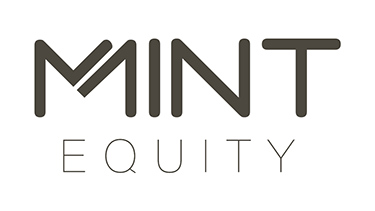The weakening Sydney property market is set to make a massive dent in local government coffers thanks to a reduction in stamp duty revenue.
The problem is so acute that the NSW budget could face a $6 billion revenue shortfall over the next five years according to state treasurer Dominic Perrottet. Who also revealed that state revenue was down $1 billion already over the past twelve months as buyers stay away.
The latest government data shows that the number of properties sold in NSW peaked at 210,000 in 2017, with the number expected to fall to around 180,000 over the following year. The same period is also expected to see property values fall by around 7.5% across the board.
decline in foreign investors to blame
The budget shortfall reflects a shift in the property market which has moved away from investors as the government introduced a raft of changes to mortgage lending policies for both domestic and foreign buyers. Foreign investors also face having to find higher deposits and may find it more difficult to raise finance with banks tightening lending criteria for property investments.
Foreign investors are also affected by increased stamp duty surcharges which were raised from four to eight percent for foreign buyers in July 2017. The tax rise was an attempt to put the brakes on runaway property prices in Sydney and Victoria and to reduce the number of foreign buyers pricing locals out of the market. According to national government data on foreign investment, foreign buyers account for 5% of all property purchases in Australia and up to 25% of all apartment sales in NSW and Victoria.
Will land tax be the new stamp duty?
Foreign buyers aside, the budget shortfall highlights the difficulties of relying on stamp duty as a revenue generator. Stamp duty is by its very nature intrinsically linked to the ebbs and flows of the property market and cannot be relied upon as a reliable form of tax revenue. This has led some economists to advocate moving away from stamp duty by introducing a broad-based land tax.
According to the Grattan Institute, replacing stamp duty with a land-based tax system could bring an extra $11.2 billion to the treasury by 2047. The new tax would be paid annually by all property owners with a median-priced home in Sydney having to pay between $1500 and $2000 a year. However, property buyers who had recently paid stamp duty wouldn’t be very happy if they were then charged land tax on their recently purchased property. The government would need to consider a grace period for those who had already contributed substantial funds towards stamp duty.
Changing tax legislation is a difficult process but doing so now while revenues are depleted is much easier than when revenues are at record levels, according to Brendan Coates of the Grattan Institute. Per Capita senior economist Warwick Smith was in agreement. Smith said that while $6 billion is not a catastrophic loss of revenue, the volatility should give the government enough impetus for reform.
Property Council deputy executive director Cheryl Thomas was also hopeful to see change from the government. “Every economist agrees that stamp duty is a terrible tax. We have an ambitious and forward-looking Treasurer. Now it’s time to take on some of the tough reforms that will ensure our state economy is not held at ransom by the cycles of the property market,” she said.


